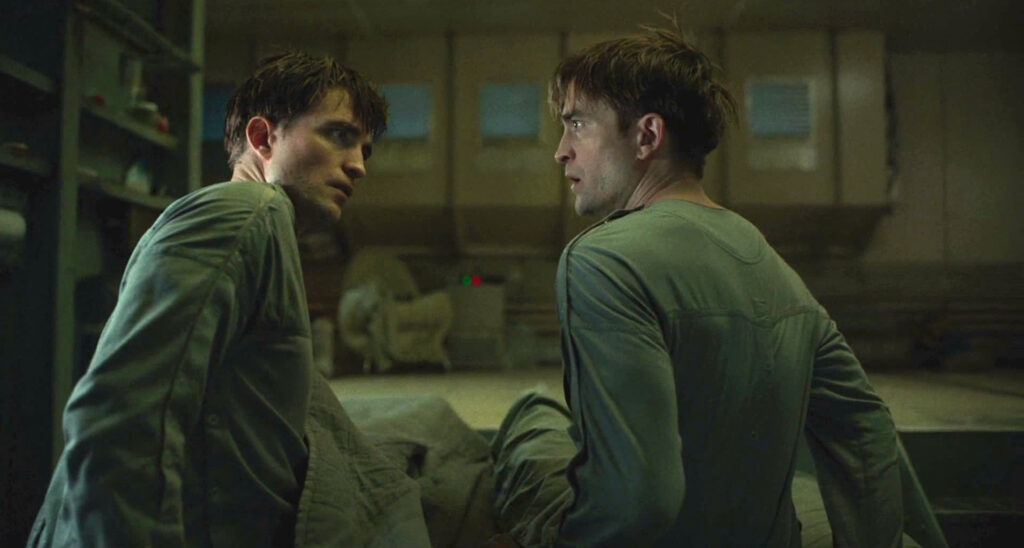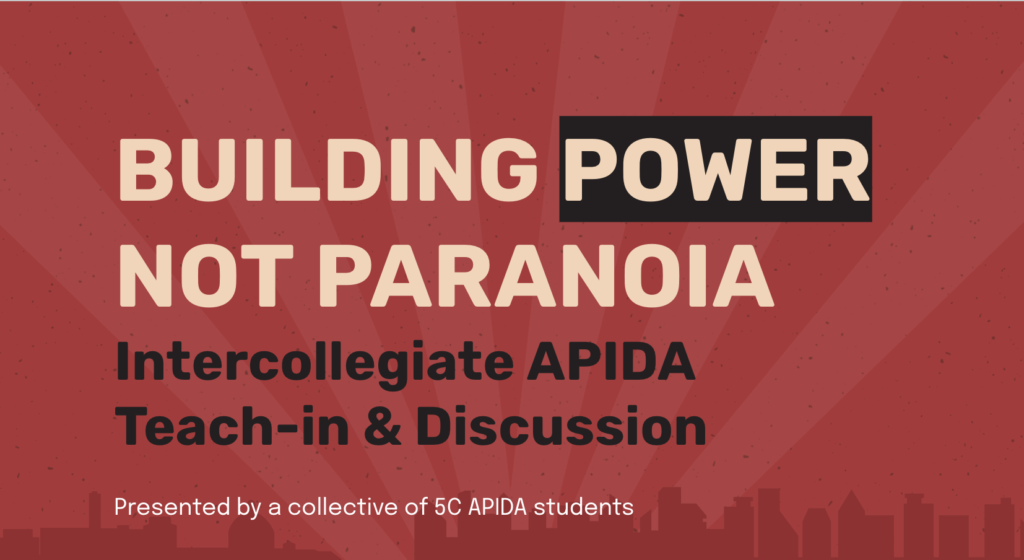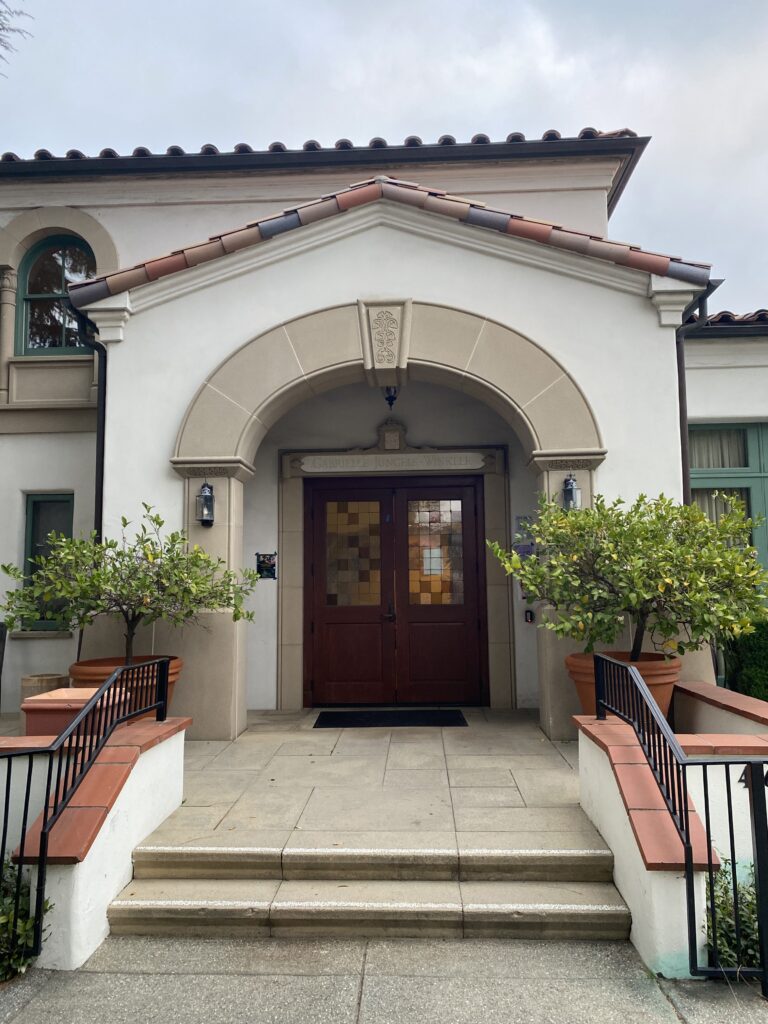Amy Jayasuriya ‘26
Copy Editor
As students returned to Claremont for the school year this fall they were met with numerous changes to Pomona’s security policy. These included restricted access to all of Pomona’s academic buildings without the use of a Pomona College ID, the hiring of five new Campus Safety officers, and a ban on encampments. The heightened security follows a year of ongoing student protests pressuring Pomona to divest from the Zionist entity’s ongoing genocide in Gaza, all of which the college has steadfastly ignored.
While Pomona has claimed that the new policies were put into effect to “ensure equal access to [Pomona’s] educational programs and activities, and to enhance the safety and security of our community,” it’s become clear that the results of the policies don’t line up with these intentions.
As a Scripps student myself, I was not made aware of Pomona’s policy surrounding academic buildings until the first day of classes, when I was forced to awkwardly knock on the doors of Mason Hall before a student finally let me in. This has been a recurring problem for non-Pomona students since the policy’s implementation, resulting in many classes starting up to 10 to 15 minutes later than their usual start time.
While this policy directly inconveniences non-Pomona students, it also poses a larger threat to Pomona’s emphasis on cross-campus connection. Pomona advertises itself as being a part of a consortium and often emphasizes the college’s joint academic programs and cross-registration as a selling point to prospective students.
However, Pomona’s decision to implement a policy that creates a literal barrier to entry for non-Pomona students in Pomona academic buildings directly violates the values of openness and community that the college prides itself on.
Vanessa Tyson, a politics professor at Scripps, emphasized this disconnect. “[This policy] contradicts the necessary operations of a consortium and seemingly violates the unwritten ethos of the Claremont Colleges,” she said. “I’ve been deeply disappointed by many of the decisions and policies implemented here in Claremont in response to student activism last spring.”
While contradictory to the college’s supposed values, the policy also harms students and faculty members that are a part of intercollegiate majors who already struggle with how closed off the five campuses are becoming.
An intercollegiate professor at the 5Cs, who has requested to remain anonymous due to safety concerns, described the policy as a way to silo students, staff, and faculty into their respective buildings and departments, thus creating divisions between different colleges.
Despite the resoundingly negative response from students and faculty, Pomona has remained steadfast in their decision to implement these new security policies.
“It’s obvious that these policies are a response to protests,” the anonymous professor said. “Swiping in allows a clear record of who is and isn’t entering a building and what can be surmised is that if a political event were to happen this data could be used to locate people across our campus at a particular time and place.”
Pomona’s described student protesters last semester as “masked unidentifiable individuals,” in the wake of the arrest and disciplinary sanctions of the 19 student protesters arrested on April 5, last school year.
Placing a strict emphasis on identification and verification of who is leaving and entering Pomona’s buildings suggests a threat of outside agitators. This policy is actively shutting out students and staff from their classrooms and other academic resources, all while using a form of heightened surveillance to repress student protests.
This harmful rhetoric surrounding students’ free speech is not just contained to Pomona’s campus. At Scripps, The Motley Coffeehouse has been fighting an ongoing battle to keep a Palestinian flag up despite continual threats from the Scripps administration to take it down. Despite these threats of repression, however, students have continued to support the Motley with 160+ students rallying around the baristas at a protest on Sept. 13.
The heightened policies surrounding free speech and security is something that administrators are implementing regardless of its detrimental impacts or the discontent it’s creating for students and faculty. So the question remains: how should we react?
If we accept this new status quo as normal, we allow Pomona and Scripps’ administrations to justify continued attacks on students’ free speech and right to protest, laying the groundwork for even more repressive policies in the future. However, by highlighting the negative consequences of these policies, we can also expose how the administration seeks to silence student voices and opinions. As students resoundingly chanted in The Motley, “When our freedom is under attack, what do we do? Stand up and fight back.”




